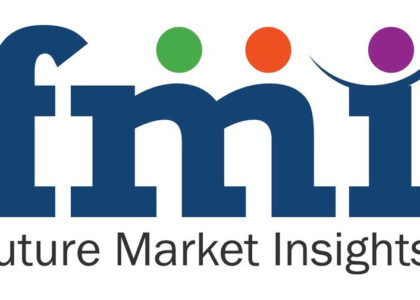Disposable respirators, also known as dust masks, have become a ubiquitous sight in recent times. Fueled by rising health concerns and growing awareness of airborne threats, this market is experiencing a significant boom. Let’s delve into the current disposable respirators market landscape, explore exciting opportunities for manufacturers, and unmask the future trends that will shape this vital sector.
Current Scenario:
- Heightened Hygiene Awareness: The COVID-19 pandemic significantly increased public awareness of airborne diseases and the importance of respiratory protection.
- Air Pollution Concerns: Rising air pollution levels in many regions exacerbate respiratory problems, fueling the demand for respirators for everyday use, especially in urban environments.
- Focus on Workplace Safety: Regulations and growing emphasis on worker safety in industries like construction, manufacturing, and healthcare mandate the use of respirators for protection against dust, fumes, and other airborne hazards.
- Expanding Applications: Disposable respirators are finding new applications beyond traditional uses, such as protecting against allergens during pollen seasons or wildfire smoke events.
- Technological Advancements: Manufacturers are developing more comfortable, breathable, and effective disposable respirators to cater to diverse user needs.
Get Exclusive Sample Copy of the Report: https://www.futuremarketinsights.com/reports/sample/rep-gb-17532
Opportunities for Manufacturers: A Breath of Fresh Air
- Material Innovation: Develop advanced filtration materials that offer superior protection against a wider range of airborne contaminants while maintaining breathability.
- Focus on Comfort and Design: Design ergonomic respirators that fit a variety of facial structures and provide a comfortable wearing experience for extended periods.
- Sustainability Considerations: Explore eco-friendly materials and biodegradable options for disposable respirators to minimize environmental impact.
- Cater to Niche Markets: Develop specialized disposable respirators for medical professionals, athletes, or people with respiratory sensitivities.
- Embrace Smart Technologies: Integrate sensors into respirators to monitor filter performance and alert users when replacement is needed.
Future Scope: A Clear Vision for Innovation in Respiratory Protection
The disposable respirators market is poised for exciting advancements:
- Self-Sanitizing Respirators: Development of antimicrobial coatings or integrated sanitization mechanisms could extend the usable life of disposable respirators.
- Personalized Filtration: Respirators with customizable filtration capabilities could cater to individual needs and sensitivity levels.
- Connected Respirator Systems: Integration with wearable technologies could monitor respiratory health and environmental conditions for improved user awareness.
- Focus on Reusability: The development of partially reusable disposable respirators with replaceable filtration components could offer a more sustainable solution.
Read more info: https://www.futuremarketinsights.com/reports/disposable-respirators-market
Challenges and Considerations
-
- Counterfeit Products: The influx of low-quality, counterfeit disposable respirators poses a health risk and damages market reputation. Manufacturers need to implement strong authentication measures.
- Regulation and Standards: Navigating the complex landscape of global respiratory protection regulations and standards is crucial for market success.
- User Education: Educating consumers on the proper use, limitations, and disposal of disposable respirators is essential to maximize their effectiveness.

